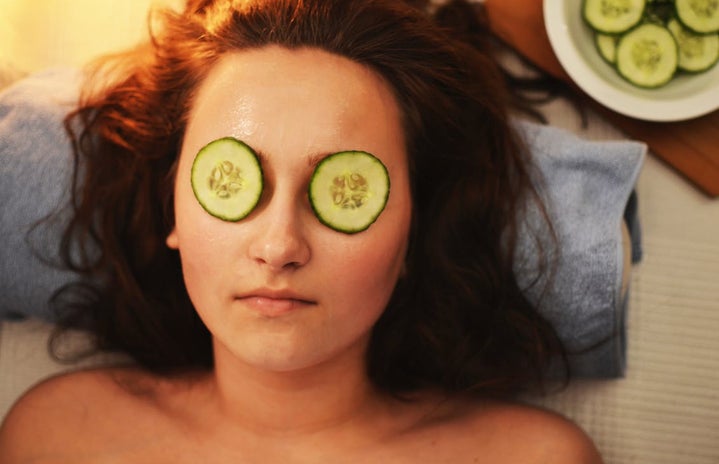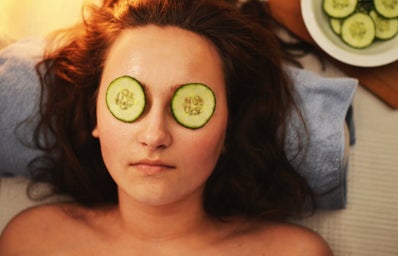Can Georgia please decide what the weather’s going to be like this February? Fluctuating temperatures all week can have your skin feeling fussy. Here’s to feeling like our best selves -inside and out– with some of the season’s best skincare ingredients.
1. Squalene
Squalene is a great ingredient for hydrating the skin. It mimics sebum–an oily secretion of the glands on your skin– but unlike the oils we naturally produce on our skin, it won’t clog our pores. Gently hydrating your face, this ingredient is small enough to slide in between the cells of our skin, smoothing the skin’s surface. Plant-derived squalene is a lightweight emollient, so it’s a good pick for people with combination skin.
2. Hyaluronic Acid
Hyaluronic acid is always a solid pick because it can easily absorb up to 1,000 times its own weight in water. As we get older, our skin gets progressively less hydrated. Hyaluronic acid is a key ingredient to prevent aging and is found in many topical moisturizers. Pair it with niacinamide to increase effectiveness.
3. Ceramides
Ceramides are a kind of fatty substance that helps seal in moisture. A moisturizer with ceramides will seal in whatever hydration you do beforehand. Since these molecules are larger, they work to create a protective layer, so that the harsh weather doesn’t affect your skin.
4. Lactic Acid
Lactic acid is a gentle exfoliant. It works well for those with sensitive skin but to those of you with oilier skin, turn to glycolic acid. Acids are chemical exfoliants; they work to dissolve the bonds in between dead skin cells so that they can slough off the surface, keeping lizard-skin at bay.
5. Retinol
Retinol is an ingredient that is commonly used to fight acne, but it can also be used to boost collagen production. Stronger concentrations can exfoliate your skin, so be careful to pick a strength that suits you the best. Retinol can also make your skin photosensitive, so please–for the love of GOD–use a sunscreen to protect your skin from UV rays.

